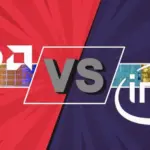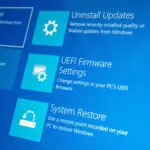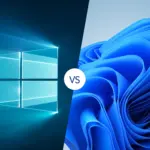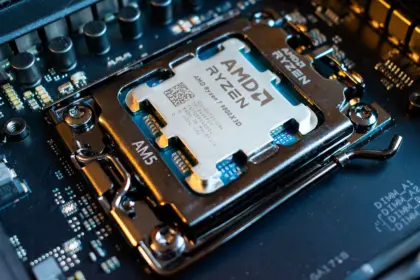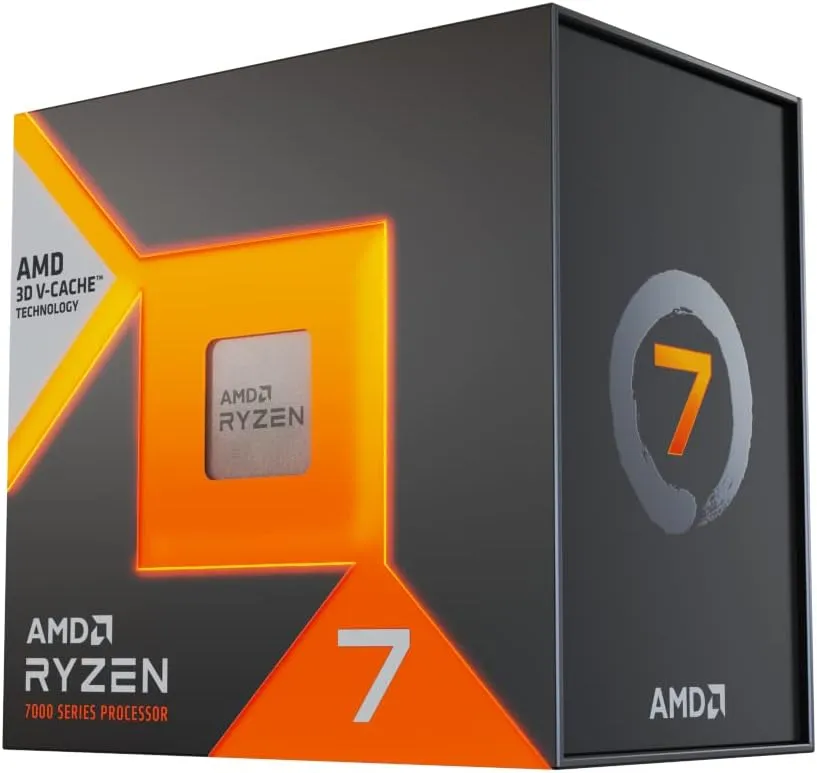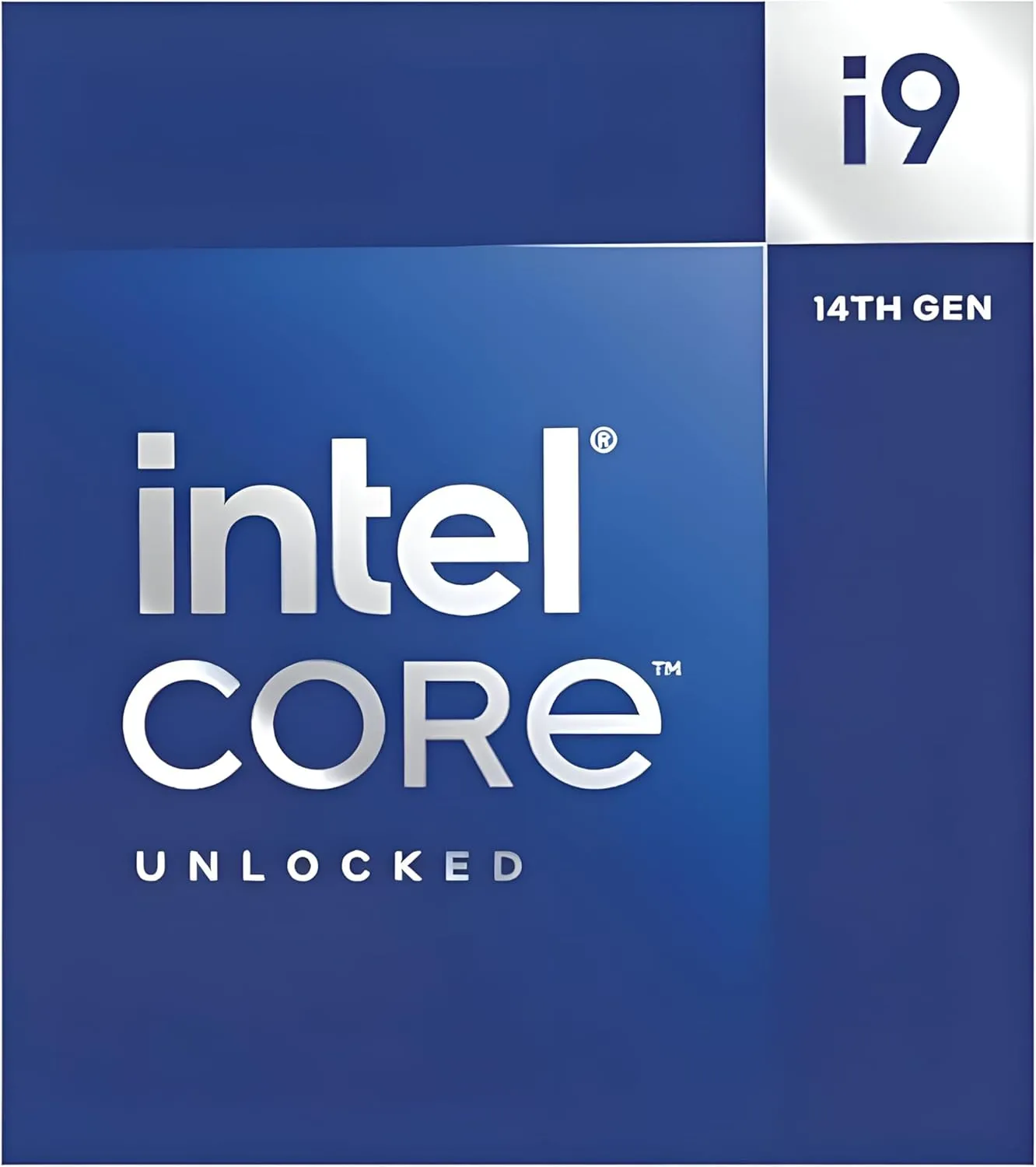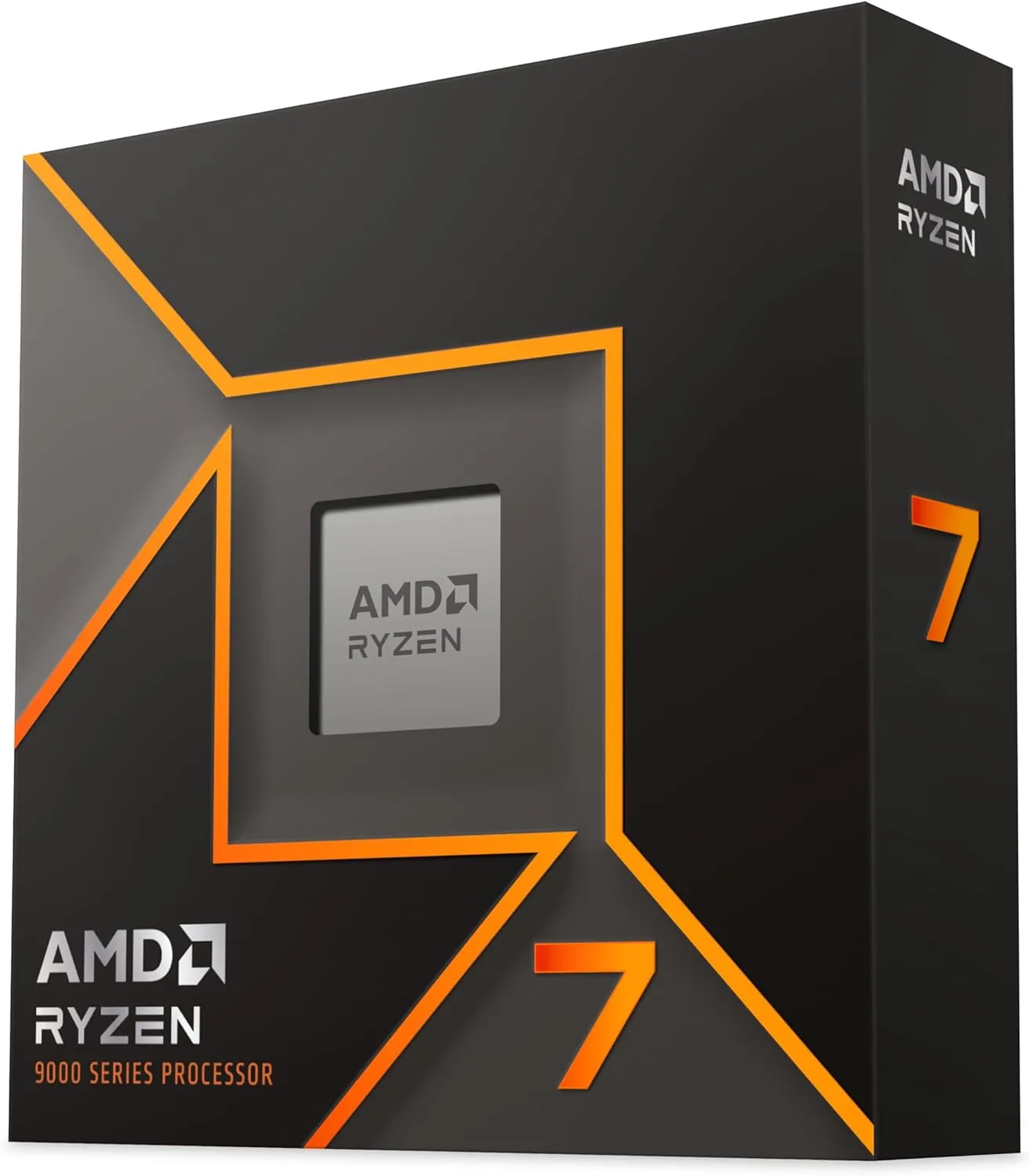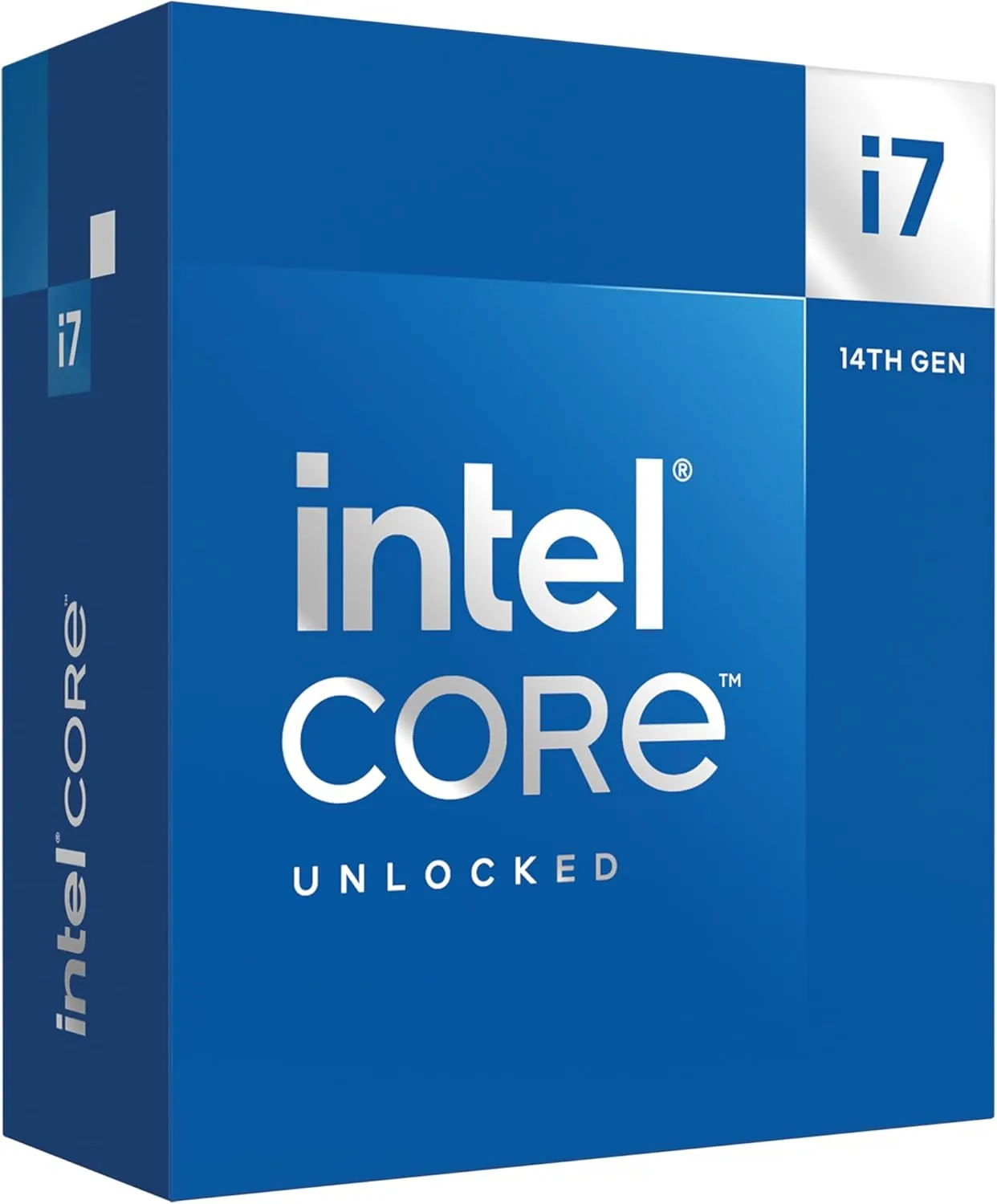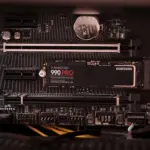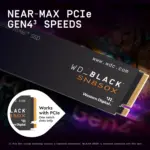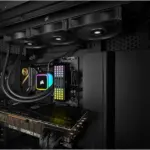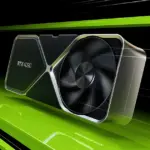I will not pretend that the Ryzen 7 9800X3D is a subpar CPU. It is among the greatest processors available, and it is without a doubt the best one for gaming. Only a couple of issues exist. At about $500 for an eight-core CPU, it is somewhat pricey. Additionally, it is sold out everywhere as of this writing, and there are no indications that it will be restocked very soon.
There is no need for you to wait. Despite its outstanding capabilities, not everyone is a good fit for the Ryzen 7 9800X3D. My own high-end gaming PC actually has a completely different processor, and for many gamers, the additional cost of AMD’s 3D V-Cache may be in vain. These four CPUs are available right now and offer strong competition for the Ryzen 7 9800X3D in terms of either price, performance, or both.
AMD Ryzen 7 7800X3D
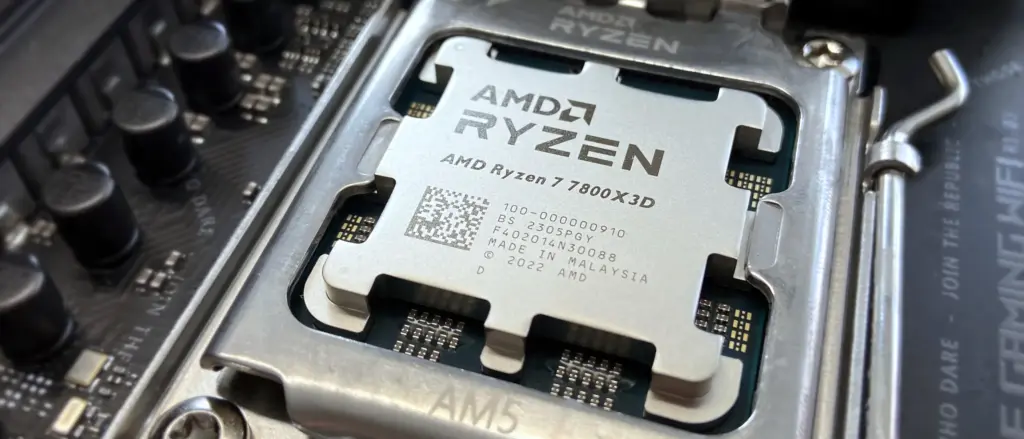
The Ryzen 7 7800X3D from the previous generation is the logical substitute for the Ryzen 7 9800X3D. Brand-new, it costs about $450, and used, it can cost anywhere from $300 and $350. There is no question that the Ryzen 7 9800X3D is faster. However, the Ryzen 7 7800X3D and Ryzen 7 9800X3D are fairly close in many games, and it is mostly faster in productivity applications.
For the complete specifics, I will link you to my head-to-head comparison of the Ryzen 7 7800X3D and Ryzen 7 9800X3D, but in general, the last-generation chip lags behind in most games by only about 5%. There are several games in which there is absolutely no difference. When playing graphically demanding games like Returnal or Black Myth: Wukong, the two CPUs produce essentially the same results. That is also in 1080p; the discrepancies become much less noticeable at higher resolutions.
That is also not surprising. Both of these chips have the same specifications—eight cores, sixteen threads, and 104MB of total cache—yet the Zen 5 architecture is not much faster than the Zen 4. In work apps, the Ryzen 7 7800X3D is undoubtedly lagging behind, but for a far lower price, it offers performance that is just marginally better than the Ryzen 7 9800X3D if gaming is your primary concern.
However, selecting the last-generation processor has several drawbacks. It gets pretty hot even though it is incredibly efficient—in games, it typically uses little more than 70 watts. Furthermore, overclocking is not possible with it unlocked. AMD’s Precision Boost Overdrive (PBO) can be used to increase the Ryzen 7 7800X3D, but manual overclocking requires accessing the BIOS. It should not be a problem, though, if gaming is your main interest.
Intel Core i9-14900K
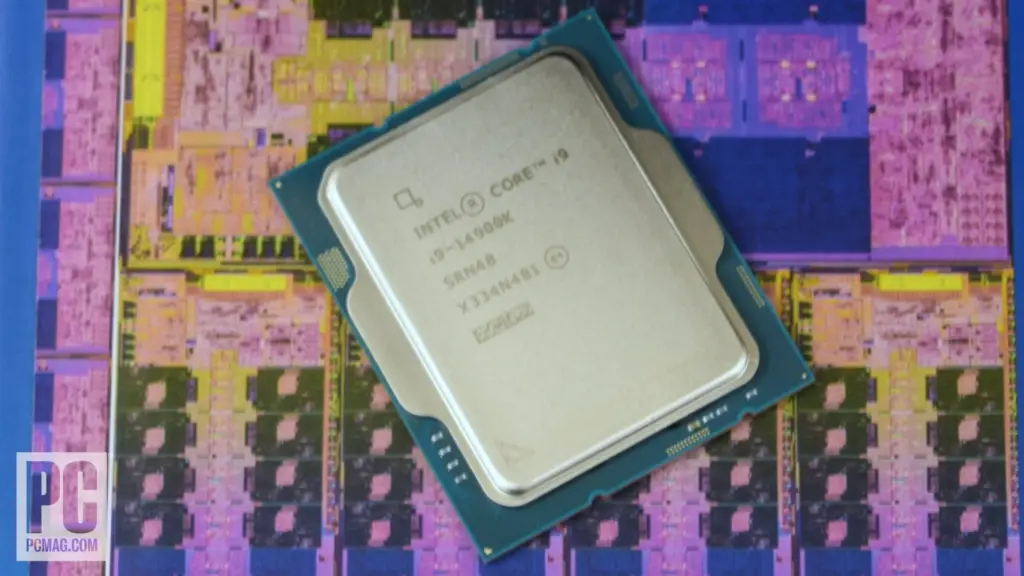
With good reason, Intel’s Core i9-14900K has drawn a lot of criticism. Due to Intel’s instability problems, which the firm mostly disregarded at the start of the year, it was at the heart of a months-long dispute. Intel has fixed the issue after several months, and it does not appear to be returning. Given Intel’s performance this year, it is reasonable to have some reservations about the Core i9-14900K, but it appears to be a safe CPU to purchase at this time. Intel has increased the processor’s guarantee to five years, so you are protected in case there are any problems.
This processor is incredible. It is a powerful 24-core processor that can reach a maximum speed of 6GHz without any overclocking. The Core i9-14900K outperforms the Ryzen 7 9800X3D in productivity workloads while still managing to maintain its hunger.
A little different is the case with gaming. Although it is not as quick as the Ryzen 7 9800X3D or its last-generation equivalent, the Core i9-14900K is the closest rival I have seen. When it comes to graphically intensive games like Red Dead Redemption 2 and Assassin’s Creed Mirage, it is quite close to AMD, but it suffers in games that require more cache, such Final Fantasy XIV and Formula One 2022.Given that the Core i9-14900K costs $430, those differences are simpler to accept.
The main drawback of the Core i9-14900K is its power consumption, which causes heat. It can maintain a power demand of 250 watts even at factory settings. You should get an all-in-one (AIO) liquid cooler or, at the very least, one of the most robust air coolers available if you intend to get the Core i9-14900K.
AMD Ryzen 7 9700X
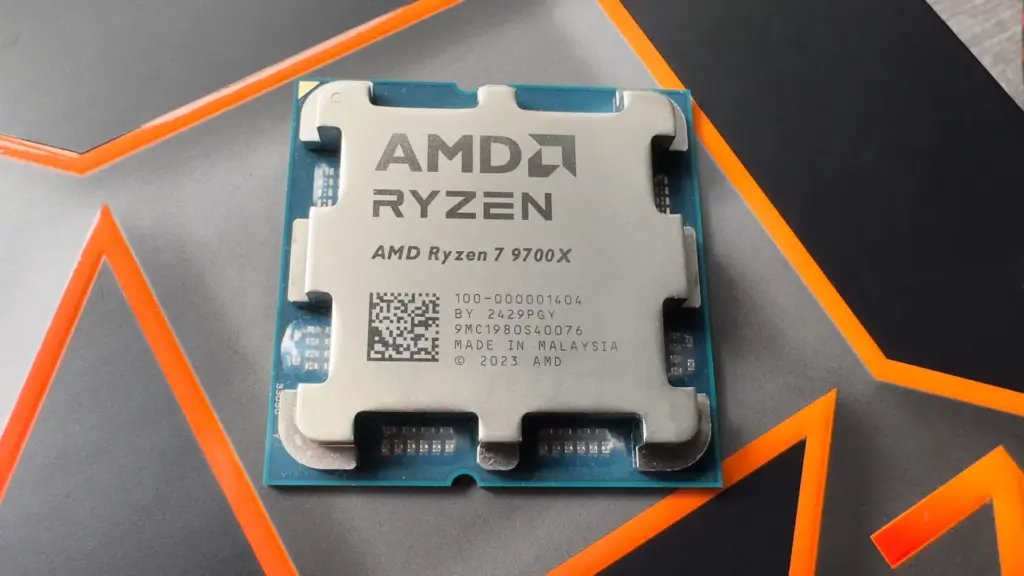
My personal gaming PC has a Ryzen 7 9700X, which I adore. Even though it only costs $320, which is $160 less than the Ryzen 7 9800X3D, it has nearly the same performance as AMD’s 3D V-Cache CPU. Eight Zen 5 cores, sixteen threads, and an unlocked processor capable of overclocking are all included. Additionally, AMD just upgraded the Ryzen 7 9700X to a 105-watt mode, putting it on par with the Ryzen 7 9800X3D in productivity apps.
Although the Ryzen 7 9700X also benefits from its default 65-watt power mode, the CPUs perform quite similarly when operating at power levels exceeding 100 watts. The CPU is a great option if you have a weaker cooler or a tiny form factor setup where you want to give your graphics card as much room as possible. It provides great gaming performance in this mode and does not benefit at all from higher power draw in games. I am in the latter category.
In games, the Ryzen 7 9700X is undoubtedly slower than the Ryzen 7 9800X3D, but overall performance is comparable to that of the Core i9-14900K. Even if you are pushing the newest games like Black Myth: Wukong, this CPU is living evidence that most games only require eight quick cores. And once more, as you increase the resolution and graphics settings, AMD’s 3D V-Cache is advantages begin to fade. The Ryzen 7 9700X is only around 3% slower than the Ryzen 7 9800X3D at 4K, which is where I play my games.
The Ryzen 7 9700X is reasonably resistant to the most of significant critiques, yet I always prefer to offer some disclaimers or significant drawbacks. It is an obvious choice because the Ryzen 7 9700X is significantly less expensive than the Ryzen 7 9800X3D and can perform comparably at higher resolutions.
Intel Core i7-14700K
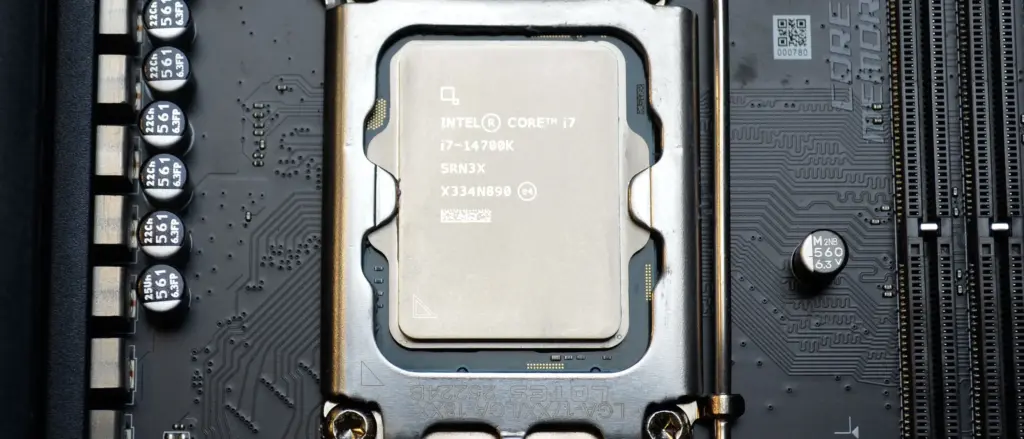
One of the sleeper hits is the Core i7-14700K. Although the Core i7 line is often well-liked, this 20-core monster has lost some of its attention because to the controversy surrounding the Core i9-14900K, and it is still worthy of being given a fair shot. This is due to the fact that the Core i7-14700K is currently under $350 in price, despite its enormous core array and the productivity performance it offers. Considering how strong this CPU is, that is an incredible deal.
The Core i7-14700K is not a slouch, even though the Core i9-14900K is speedier in productivity apps. Especially for jobs requiring a lot of threads, like rendering and video transcoding, it completely destroys the Ryzen 7 9800X3D. Similar to its more costly sibling, the Core i7-14700K comes with clock rates of up to 5.6GHz and up to 250W. You can always overclock the processor if that is not sufficient.
The Core i7-14700K and the Core i9-14900K are nearly identical in terms of gaming performance. Their results are almost the same in every game. At 1080p, the Core i7-14700K is about 10% slower than the Ryzen 7 9800X3D. But at 1440p, the difference narrows to barely 5%, and at 4K, it vanishes entirely. The Core i7-14700K is as quick as the Ryzen 7 9800X3D, depending on the games you play and the resolution.


